Our Services
DR Inclusive Fitness and Wellbeing specialises in personal training and massage therapy for disabled people and people with long term health conditions. We work with all ages offering a range of adapted fitness classes, for both children and adults, as well as a home visit service around Edinburgh and the Lothians.
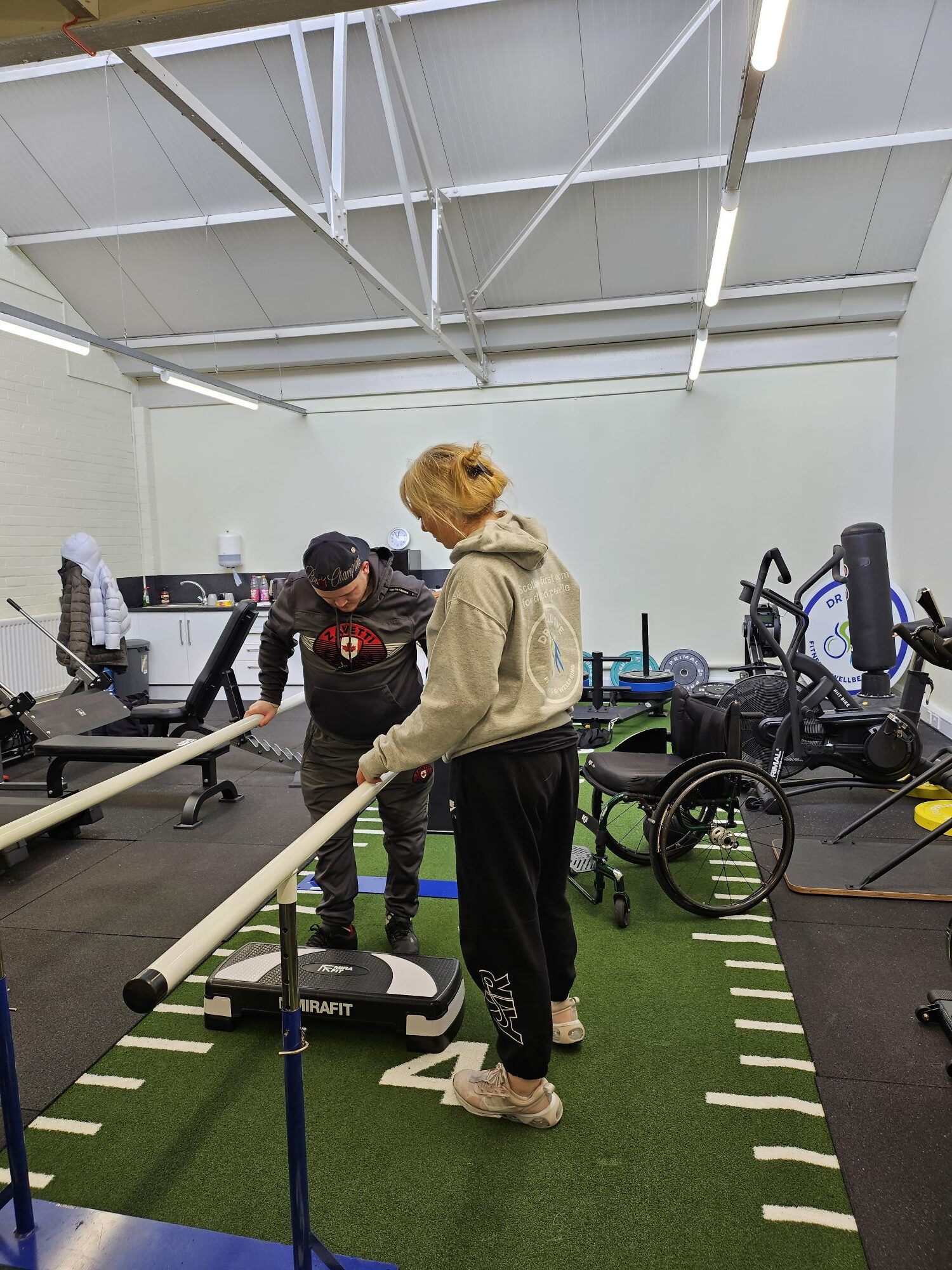
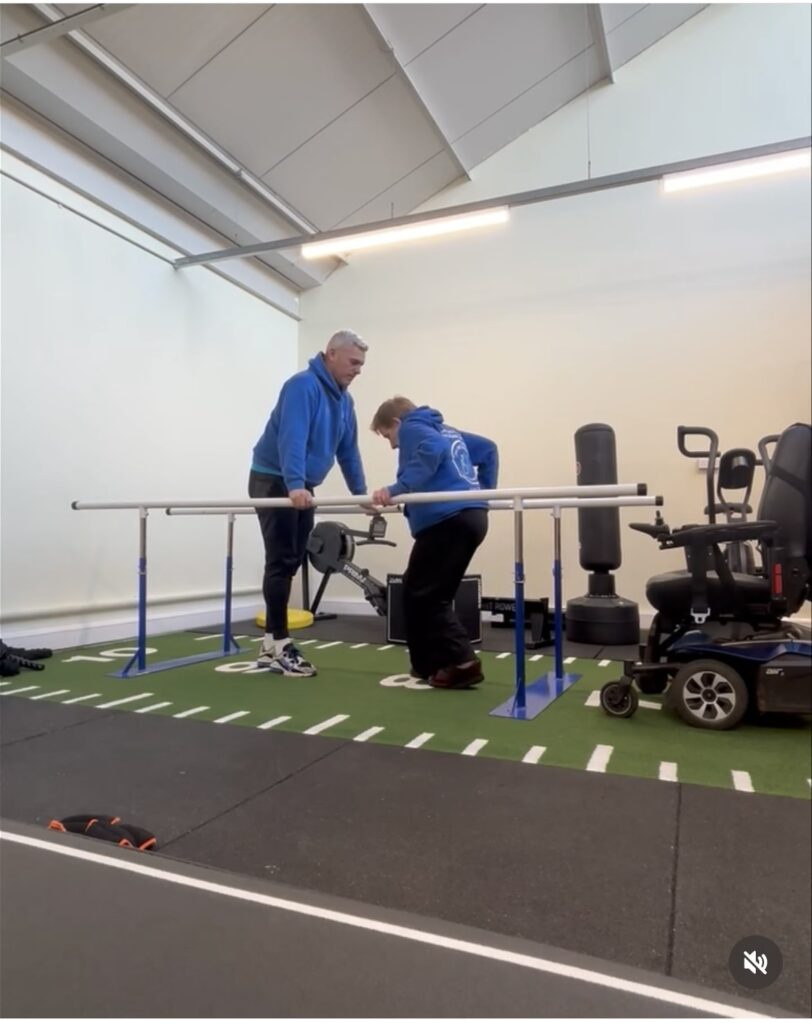
1-2-1 Personal Training
Specialist personal training that focuses on the needs and goals of the individual, including functionality, balance and coordination, range of movement and strength and conditioning.
Adapted Fitness Classes
We offer classes for different age ranges from kids, teens and adults with each having slightly different peer support opportunities.
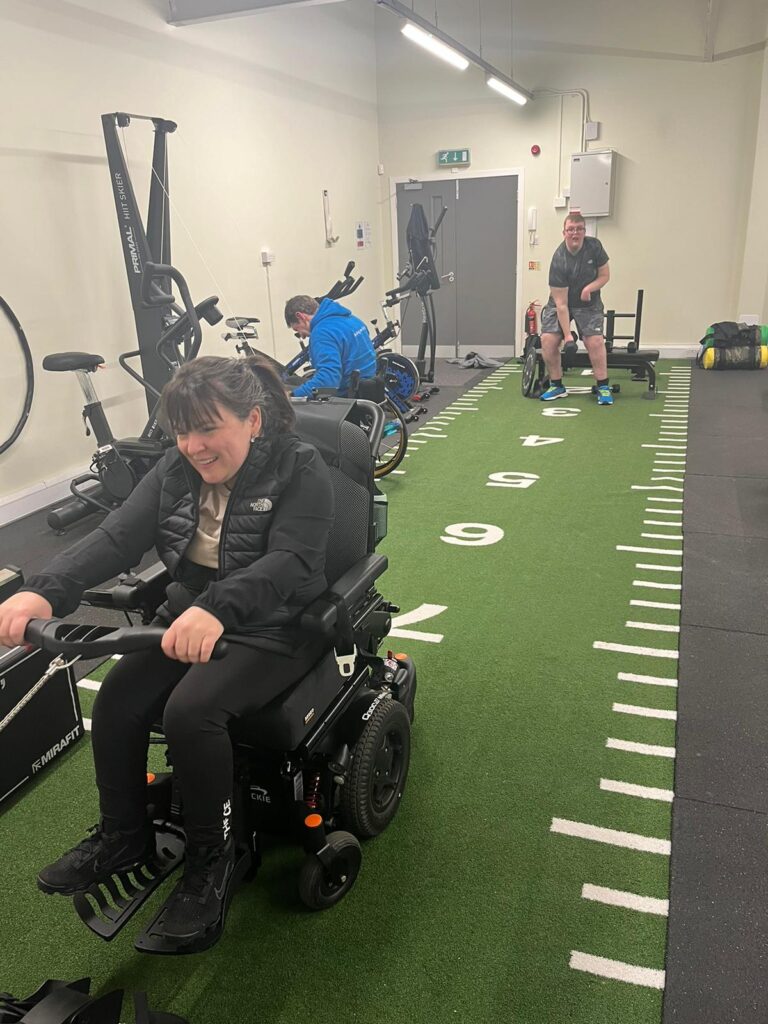
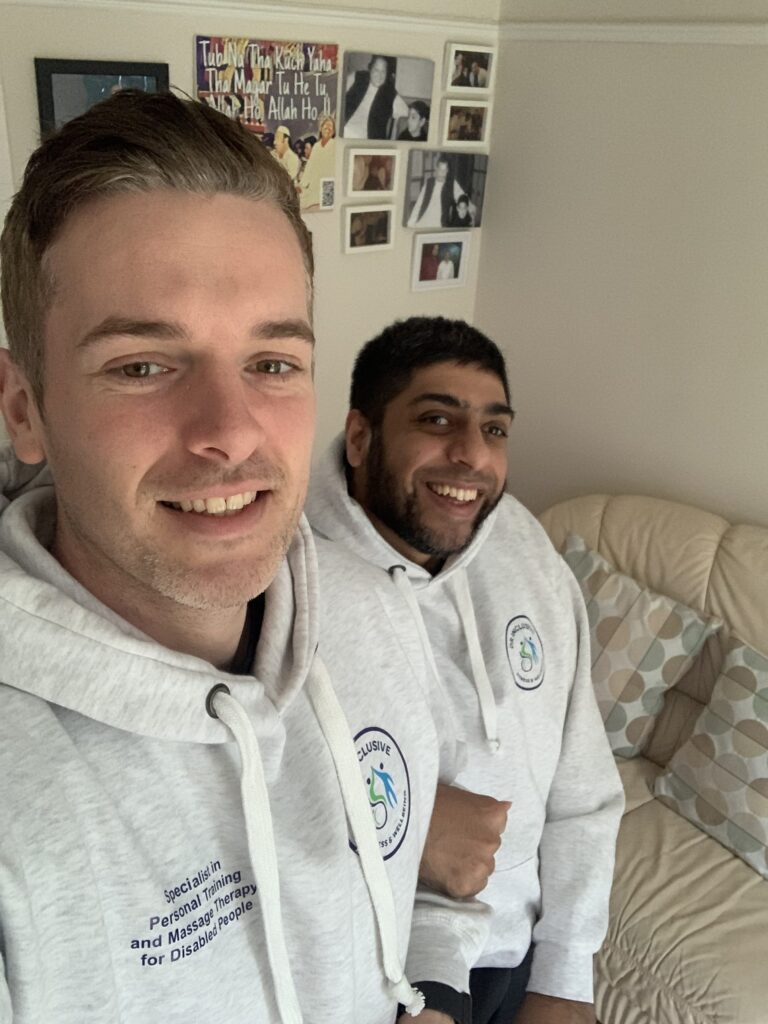
Home Visits
Getting to the gym can be a barrier to the fitness industry for a lot of disabled people, whether this is to do with physical or social barriers. This service helps to overcome that.
Massage Therapy
We offer a wide range of massage therapies from sport, injury and remedial massage to hot stones and facials.
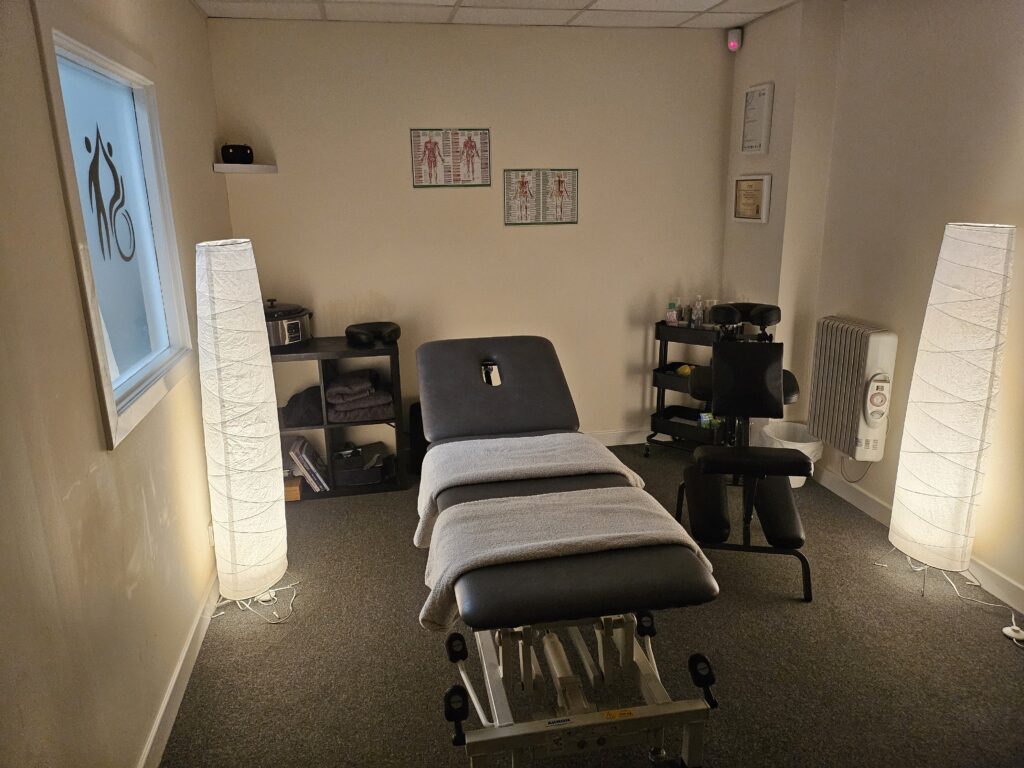
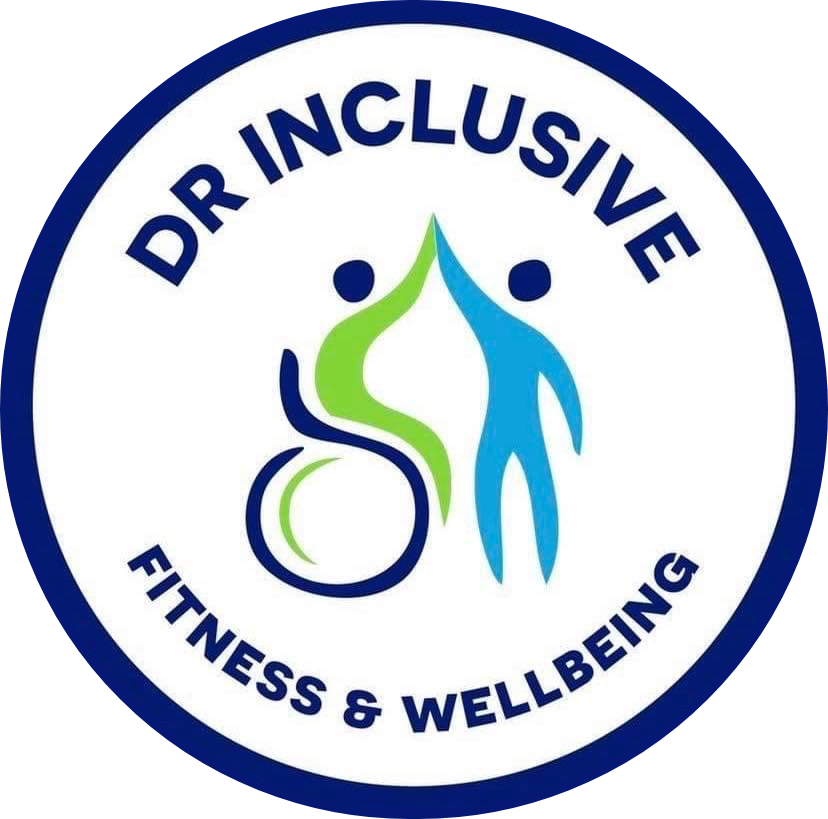
Working with Children
We work with children as young as 5 years of age and have excellent working relationships with our local authority and education.
Golf Sessions (ParaGolfer)
With specialist equipment and coaches, more disabled people can enjoy the benefits that golf has to offer.
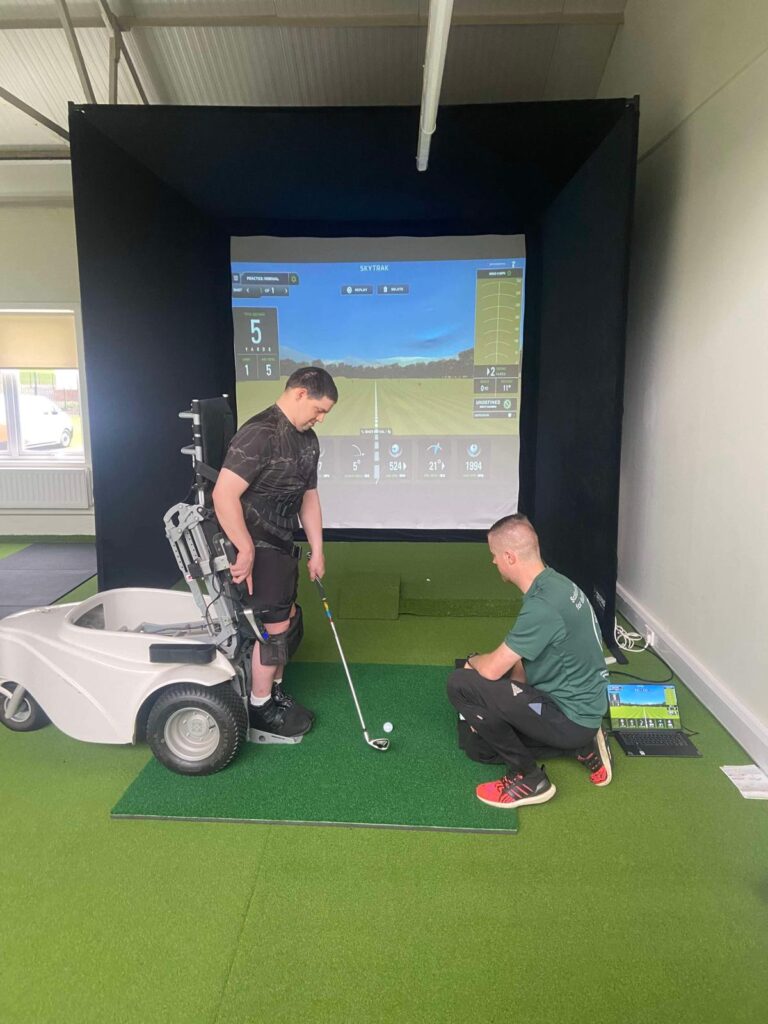
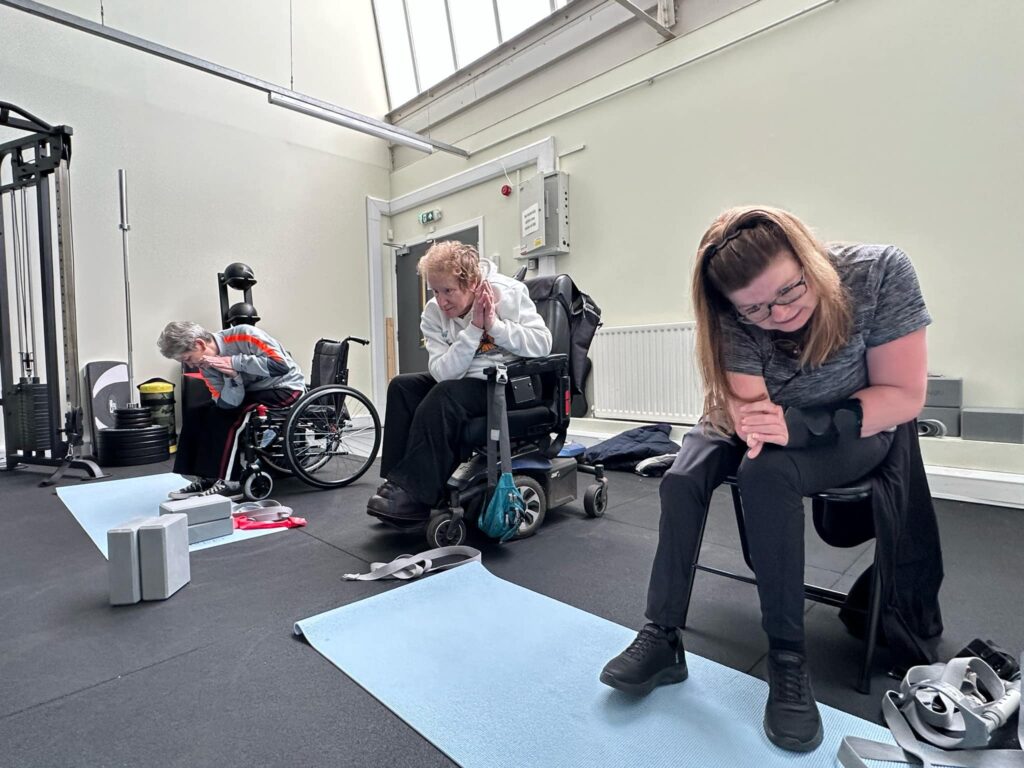
Inclusive Yoga Classes
We are delighted to announce our new Yoga classes.
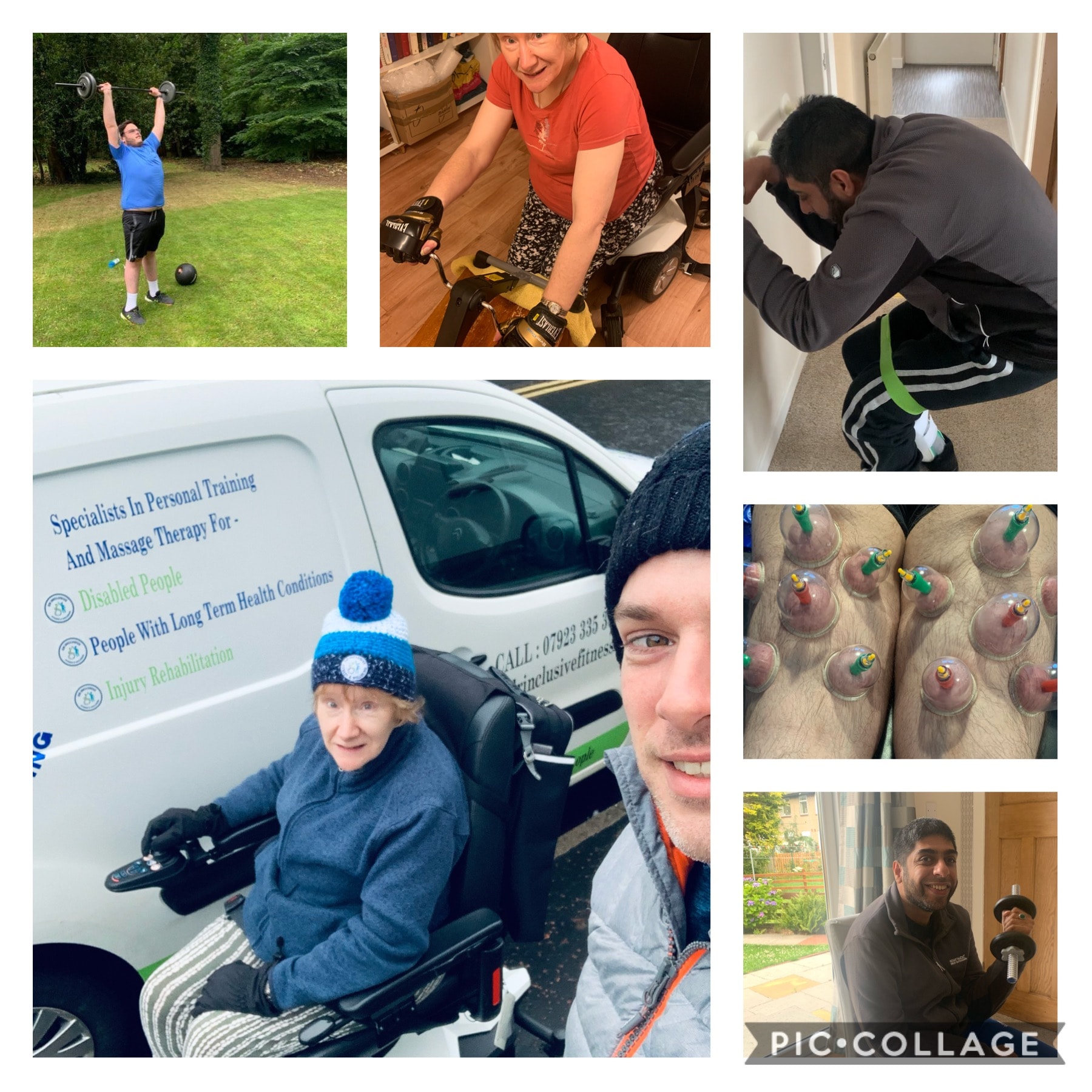
For more information
Book a Free Consultation
Get in touch to book a free consultation with one of our highly trained and experienced trainers today.